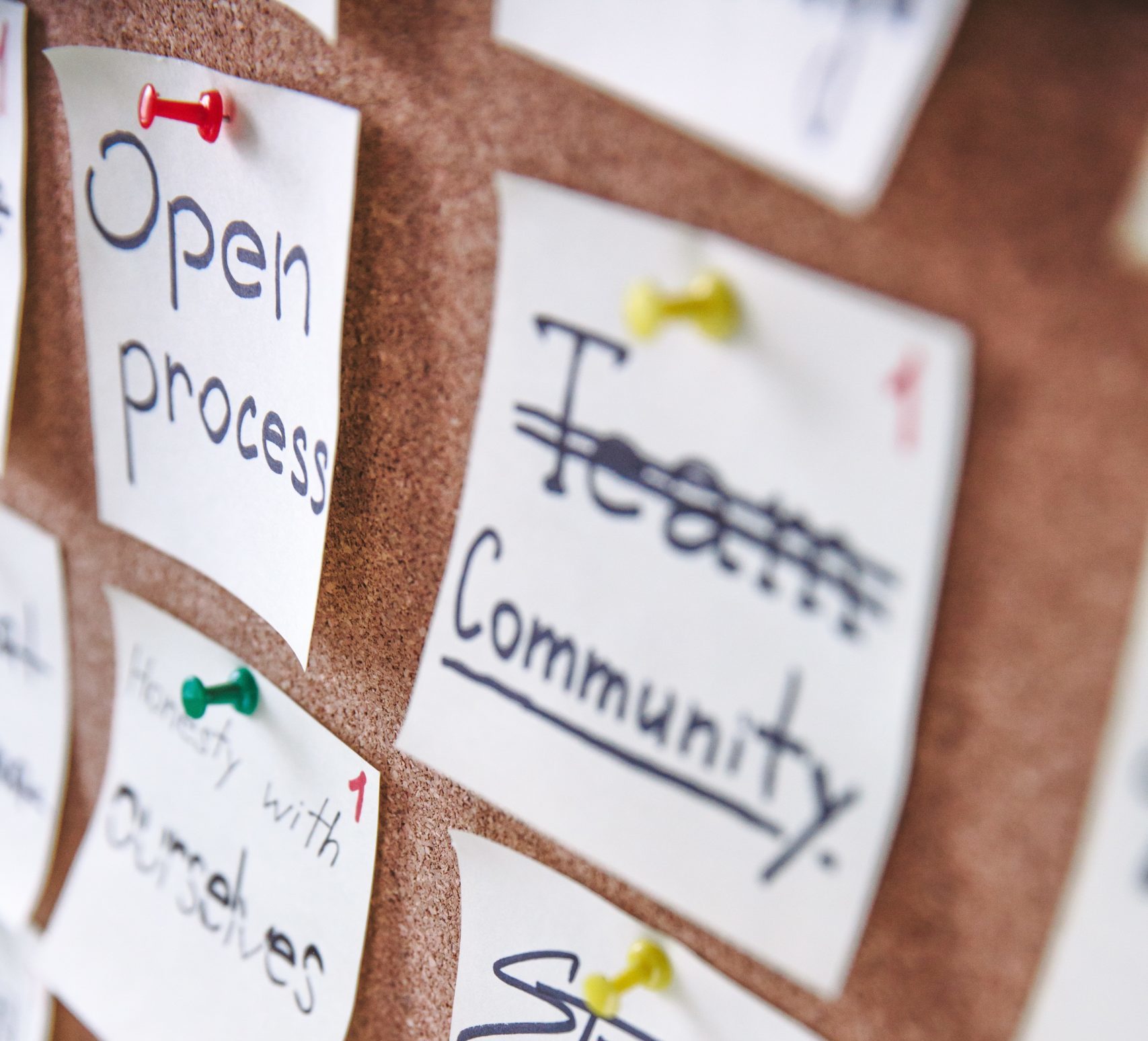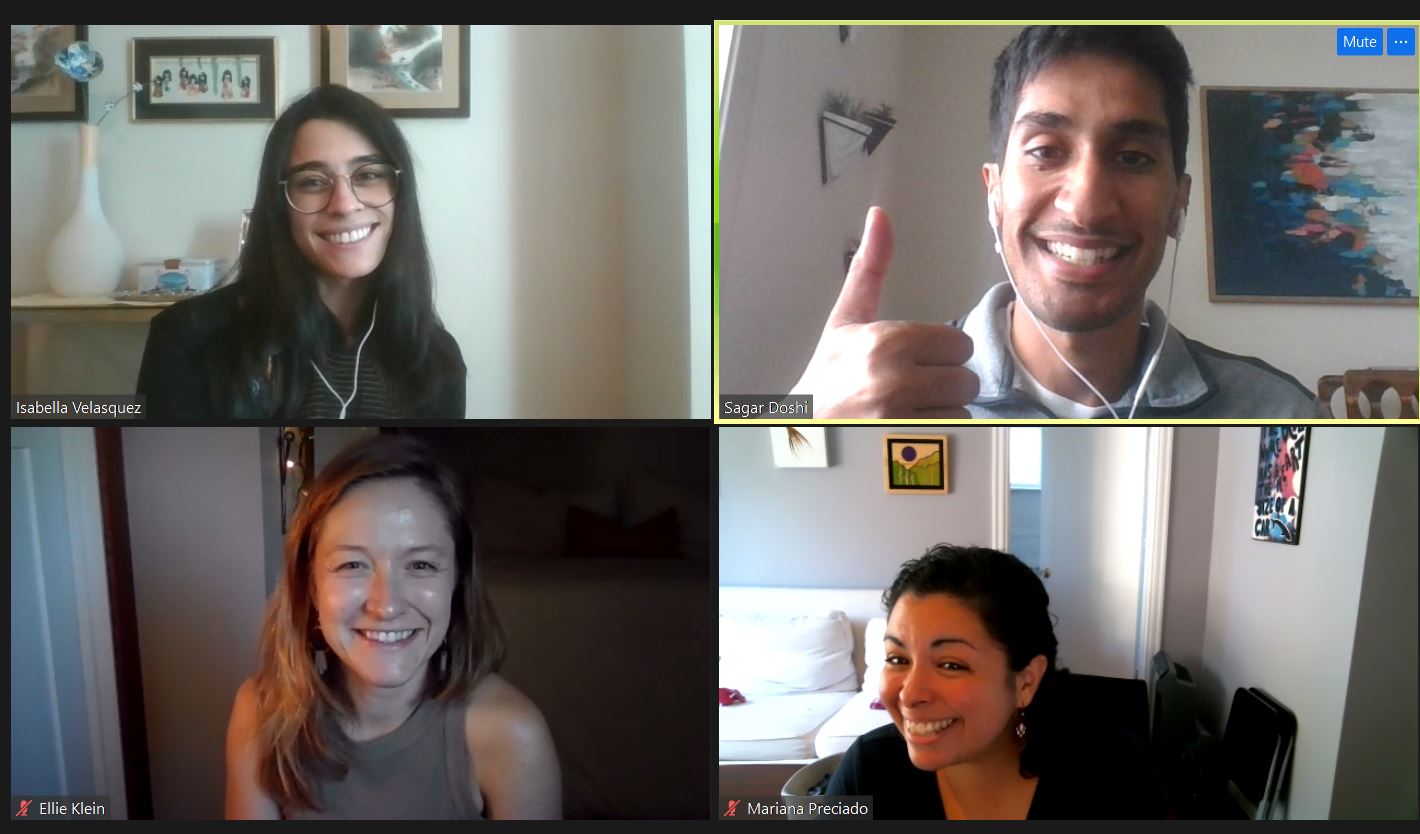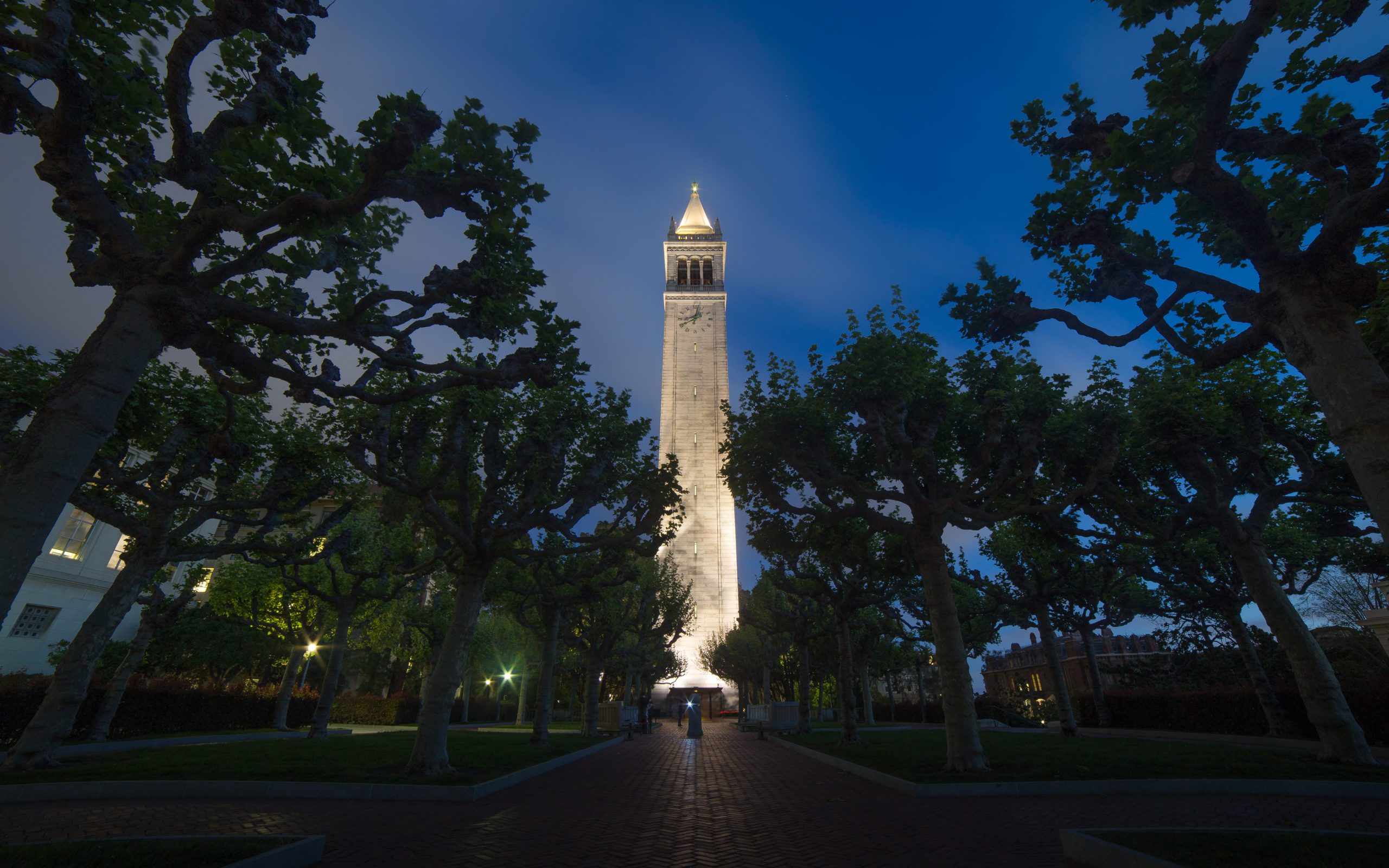Michigan Wins, Yale and Cal Place at Patagonia Eco-Competition

By Jim Rossi, UC Berkeley Graduate School of Journalism
The University of Michigan won, Yale came in second, and UC Berkeley’s team placed third from among over 100 teams nationwide in Patagonia’s inaugural Eco Innovation Case Competition. The innovation tilt took place at the Center for Responsible Business, Haas School of Business at the University of California, Berkeley on April 21-22.
The Patagonia case study concerns DWR – Durable Water Repellent, a coating applied to clothing to make it more water repellent. DWR loses effectiveness over time as it wears off, necessitating repeated applications or replacement of gear. And DWR, a C8 long-chain fluorocarbon, turns out to be a persistent environmental pollutant that accumulates in rivers and lakes.
“We thought we’d bring our hardest problem to you,” explained Patagonia CEO Rose Marcario as the competition got underway.
French-Canadian-American climber and outdoorsman Yvon Chouinard founded Patagonia in Ventura, California in 1973. Chouinard had started a previous company, Chouinard Equipment, to build mountain climbing gear like pitons and axes. Patagonia, like many successful startups, started off as an offshoot. “Patagonia was to be our irresponsible company,” Chouinard writes with irony in his second book The Responsible Company – “bringing in easy money, a softer, life, and enough profits to keep Chouinard Equipment in the black.”
Patagonia really took off when it expanded from rock and alpine climbing into all kinds of outdoor apparel. Capilene clothing – a lightweight, polyester base layer – became a core product line. Patagonia’s mission statement: “Build the best product, cause no unnecessary harm, use business to inspire and implement solutions to the environmental crisis.”
The company donates one percent of total sales or ten percent of profits, whichever is greater, to environmental groups, and has helped to pioneer cradle-to-grave recycling of its products, supply chain transparency, and a whole lot more. Patagonia’s Reno service center is LEED Gold certified.
Unlike fashion apparel, however, Patagonia markets its clothes to people who rely on them to survive extremes of temperature, rain and snow. DWR, it turns out, has been difficult to replace and maintain that high standard of performance.
So despite its nature-loving culture, Patagonia has faced heavy criticism from Greenpeace for its continued use of DWR.
Patagonia’s temporary solution is to switch from C8 to a shorter-chain C6 treatment, which breaks down faster and is therefore less toxic.
“This is a really thorny, ugly issue, and Patagonia could have hidden from it,” said Prof. Robert Strand, head of Haas’s Center for Responsible Business at Haas, UC Berkeley – “but you guys did just the opposite.” Strand and Cal supply chain expert Dara O’Rourke wrote the Patagonia case study.
Michigan won with an innovative bio-based, earth-friendly technology with a business and marketing plan to back it up. Among its four MBA and two PhD students – a trump card of sorts: PhD candidate Kevin Golovin, who specializes in patenting water diversion solutions.
Yale presented an integrated systems approach, to the Harvard Business School case study, “Patagonia: Driving Sustainable Innovation by Embracing Tensions.” … So did Cal…
Cal, with a team of four MBAs and two ERG students, used a live-action skit to promote a program for customers to turn in old gear to be carefully re-applied and re-certified – sort of like a certified pre-owned program.
Strand sees the future of corporate sustainability as “How we move from accepting tradeoffs to embracing tension,” as he tells his classes “- from cradle-to-grave to cradle-to-cradle.”
London’s Financial Times ranked Haas #1 globally for corporate social responsibility and ethics, and Bloomberg BusinessWeek ranked Haas the #3 global MBA program for sustainability.
“We can’t pose Patagonia as the model of a responsible company,” Chouinard writes in The Responsible Company. We don’t do everything a responsible company can do, nor does anyone else we know. But we can illustrate how any group of people going about their business can come to realize their environmental and social responsibilities, then begin to act on them; how their realization is progressive: actions build on one another.”
Michigan’s winning team will head to Ventura after the semester to help Patagonia put their plan into action.


